We all have those subjects or lessons from school that left us scratching our heads, thinking, How is this ever going to be useful? Some of the topics taught felt more like fillers than valuable life skills, leaving us to learn practicalities on our own. While there were certainly worthwhile classes like Home Economics or Shop, which equipped us with hands-on skills, some of the curriculum could’ve been swapped for real-life lessons. Let’s take a nostalgic dive back into those “what was the point?” topics that had us daydreaming our way through class.
1. Square Dancing in P.E. Class
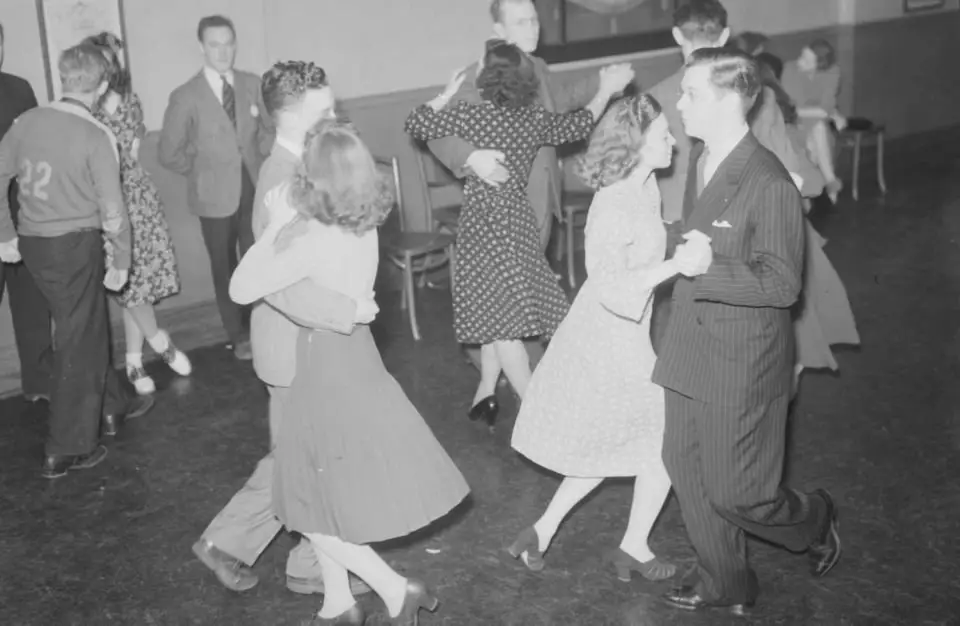
Who decided square dancing was a life skill? For kids in gym class, this mandated bout of dancing was embarrassing and confusing. It was less cardio and more social awkwardness than we knew what to do with, and it’s one of those “skills” that’s barely useful outside of a barn dance.
2. The Dewey Decimal System

Many a student found themselves in the library, trudging through index cards in the Dewey Decimal System, hoping to find a book by number. Back then, it seemed necessary, but as soon as we left school, most of us never touched the system again. Now, with Google, we type in the title, and boom—the internet finds it for us! The Dewey Decimal was cool but about as useful to adulthood as trying to read hieroglyphics.
3. The Quadratic Formula
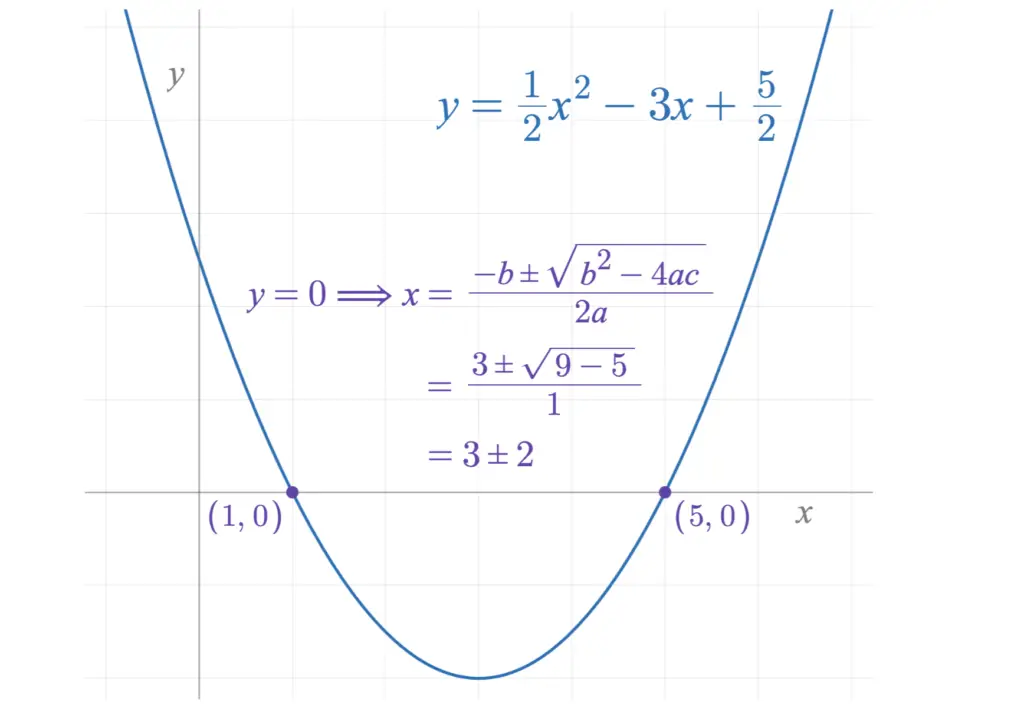
Nothing says “you’re going to need this” like the insistence on memorizing algebraic formulas that we haven’t used a single day since. A few budding mathematicians may have gone on to careers that require solving quadratic equations, but the rest of us? We could have done without “x equals negative b plus or minus the square root…” and saved that brain space for something practical.
4. Learning to Write Checks in Math Class

Remember those math classes where we were taught how to write a check, down to the exact spot for the signature line? It seemed so adult at the time, but little did we know checks would soon be replaced by debit cards, Venmo, and online banking. The mechanics of a check may have been cool to learn, but as checks become rarer than phone booths, it was hardly a necessity. Plenty of important tasks in adult life require checks, so this did swing back around to us feeling grateful, especially with home-ec practically a thing of the past too for future generations. But who knows where technology will take us, and if this information will always be relevant.
5. Memorizing Every State Capital
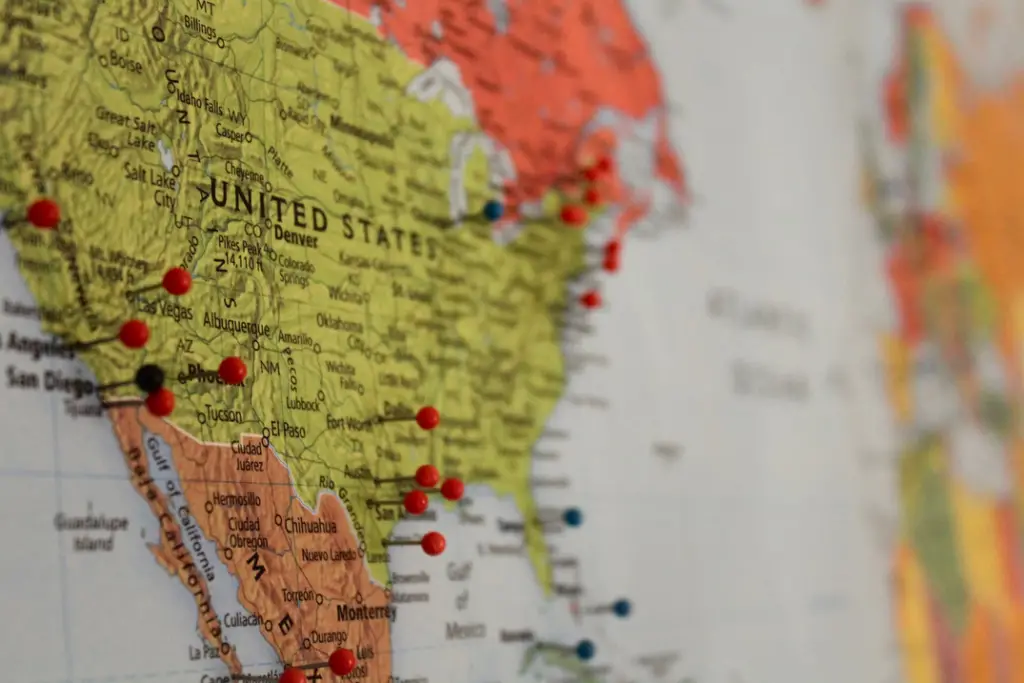
Knowing that Boise is the capital of Idaho felt like a big deal in fifth grade—our teachers even drilled it into us like our future job depended on it. Sure, it was great for trivia, but have any of us ever had a life-or-death situation that called for recalling the capital of Montana? Geography, yes. Capitals? Meh.
6. Penmanship Practice
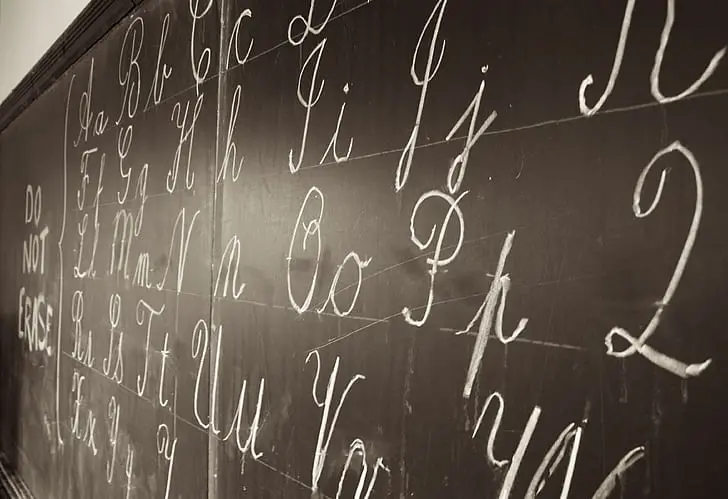
Back then, hours went into mastering cursive writing—loops, swirls, and all. Not that cursive wasn’t nice, but as soon as computers took over, so did typing skills. Many kids today can’t read cursive, let alone write it, and no one asks for signatures on most forms anymore. Now our carefully practiced penmanship just sits in notebooks gathering dust.
7. Home Economics: Boiling Eggs and Sewing Buttons
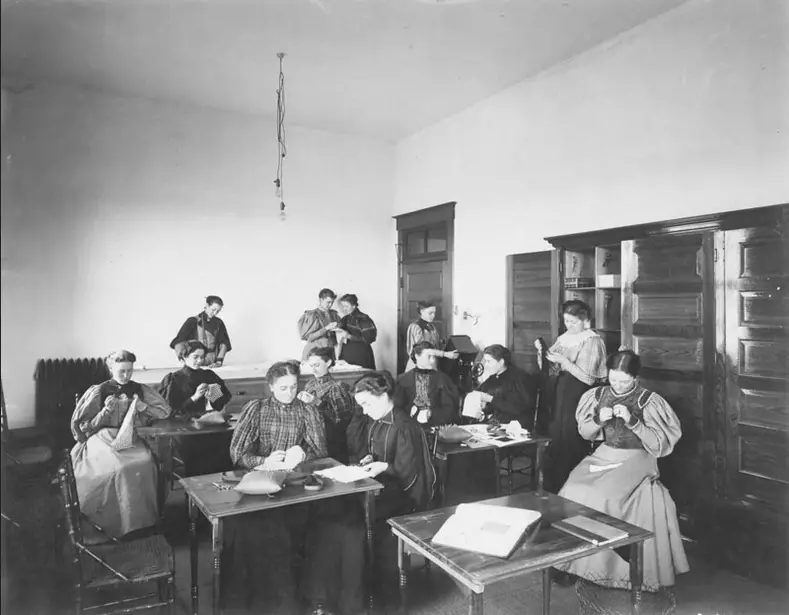
Home Economics was one of those classes that had potential: cooking basics, budgeting, sewing. But while a few lessons stuck, many felt a little off-the-mark. Boiling eggs? Basic. Sewing buttons? Not rocket science. And we’d argue a lesson on balancing a checkbook might’ve been more useful than learning to make Jell-O.
8. Learning Long Division by Hand
The number of hours spent on long division was enough to make us cry, and yet calculators were there the whole time. For those who wanted to work in banking or science, sure, division practice mattered. But for the majority of us, the only time we’re doing math now is when a tip needs calculating—and there’s an app for that.
9. Memorizing the Periodic Table of Elements
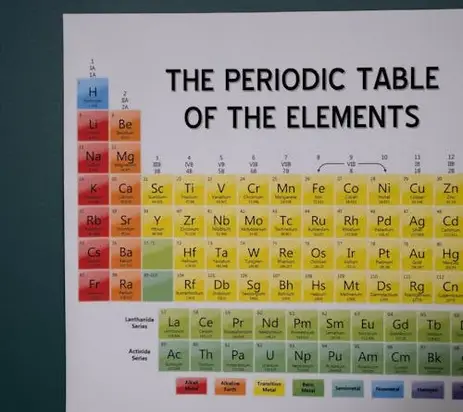
Unless you became a chemist, remembering that the symbol for tungsten is W (of all things) never really did anyone much good. We can appreciate a basic knowledge of the elements, but let’s be real: that test where we had to memorize atomic numbers and symbols was a memory exercise that’s long since expired.
10. Greek Mythology Names and Genealogies

Hercules, Zeus, Athena, and about a thousand other names that we were supposed to remember. The stories were intriguing, sure, but do we really need to know who was whose child? Greek mythology lessons were fun, but the endless memorization of their family tree felt about as necessary as an appendix.
11. Typing Class on Typewriters
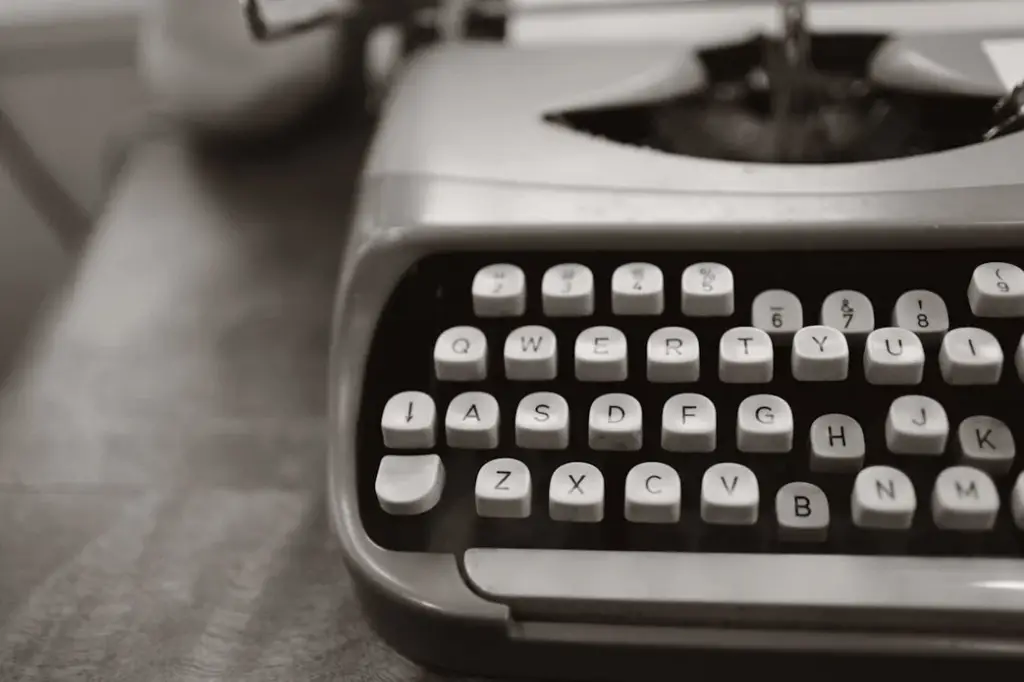
Learning how to type—great! But learning on clunky typewriters that had to be reset at the end of each line? With paper that would jam and ink that smudged? For a skill that became digitally dominated almost immediately, the practice didn’t quite match up with the future.
12. Map Reading with Physical Maps
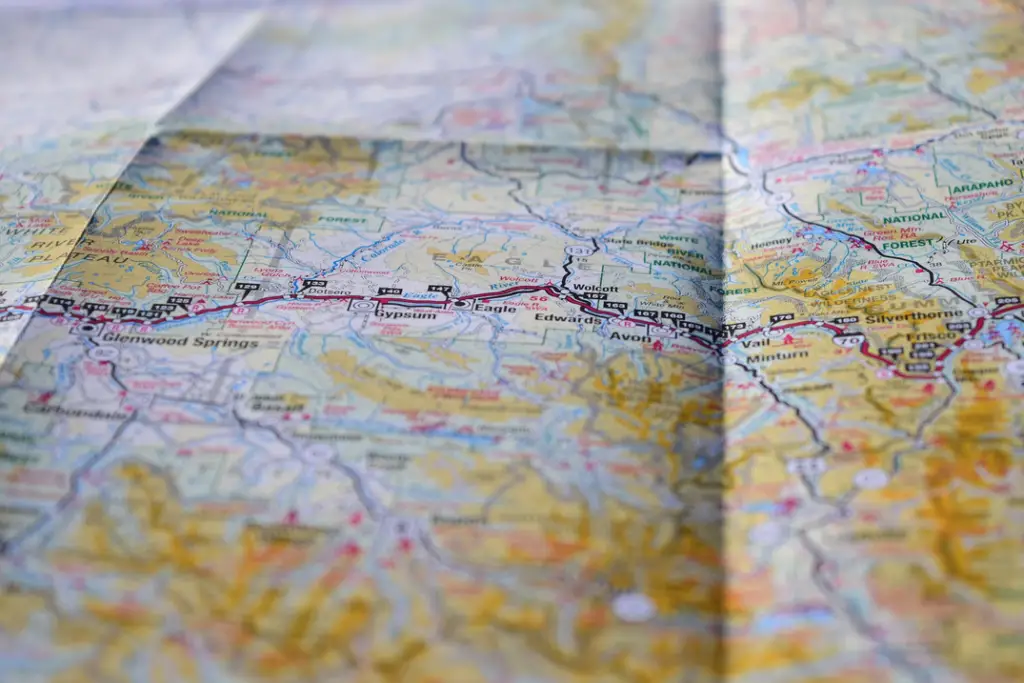
In geography class, we learned to read a map, and not just any map—the large, cumbersome, folding paper kind. While this might have come in handy for road trips, GPS soon took over, making map skills about as useful as rotary-dialing a phone. It’s nice to know the basics, but relying on paper maps today is as rare as finding a payphone.
13. Writing Book Reports by Hand
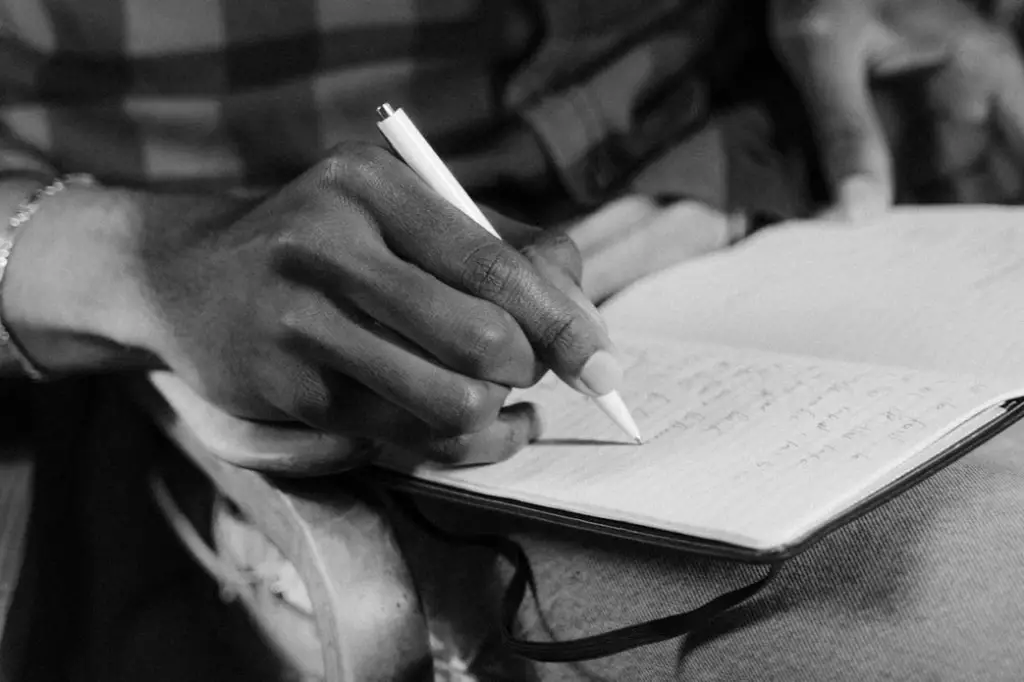
Not only did we have to read the book, but we had to write a report on it by hand, complete with illustrations and fancy cover pages. Today, writing a book summary is as easy as a quick Google search. We were practically pulling teeth to add those extra details, which would now just go in a PowerPoint or typed document.
14. Using Card Catalogs to Find Books in the Library
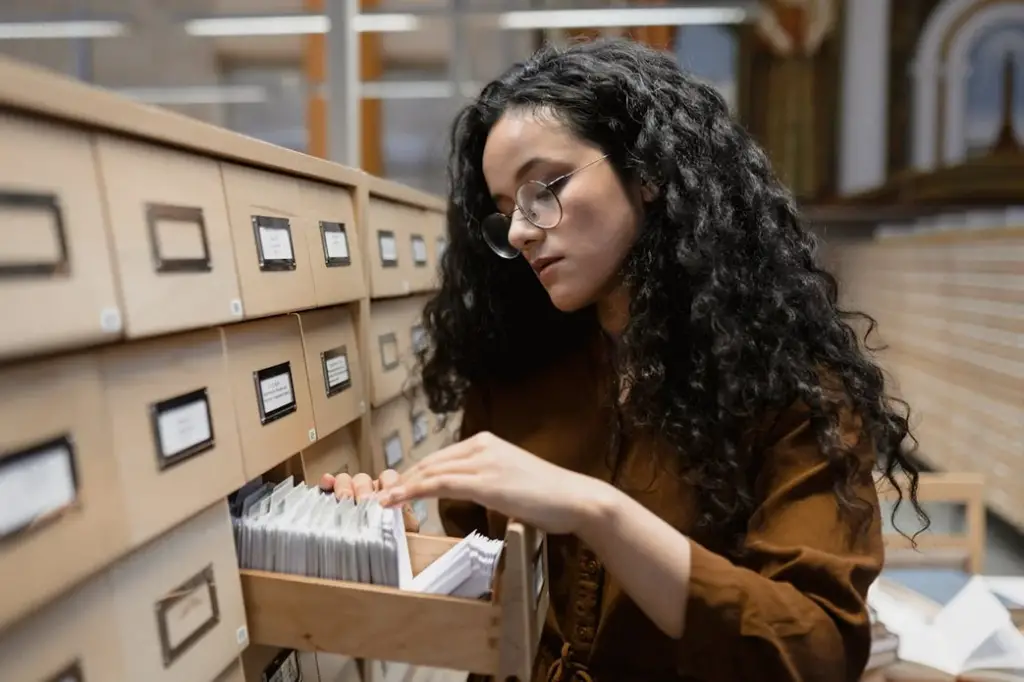
Before the internet, we learned how to navigate card catalogs to locate specific books in the library. Today, the catalog has been replaced by online search engines, but there was a whole process to finding a single book. These days, typing a title into a search bar seems a little more efficient.
15. Understanding How to Address a Letter Properly

Classes on formal letter-writing taught us exactly where each part of an address should go. This was useful…until we all switched to email. Now, the only thing we mail out with any regularity are holiday cards or official forms, making the finer points of letter formatting pretty much unnecessary.
16. Reciting the “Great Authors” Canon

Reading the “classics” in English class was supposed to make us cultured, but let’s face it: not everyone found Moby-Dick or The Scarlet Letter all that relevant. While some great lessons are hidden in classic literature, much of it didn’t exactly prepare us for the real world.
17. Diagramming Sentences
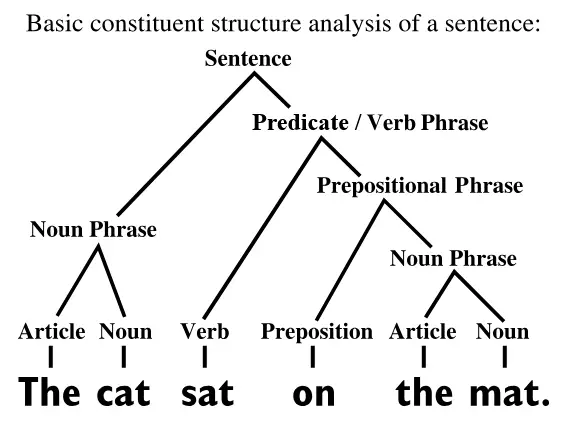
Ah, sentence diagramming: that tedious exercise where we were forced to break down sentences into parts. Who knew that knowing the difference between a predicate nominative and a prepositional phrase would come in handy…for absolutely nothing? Sure, it made us look at sentences a certain way, but for most of us, the need for diagramming left us the moment we walked out of English class.
There’s a charm to looking back on what we learned in school, even if it felt less-than-relevant. Today, we might laugh about the Dewey Decimal System or quadratic equations, but they represent a time when the world was just a little less digital and a bit more hands-on. Maybe those “useless” lessons are worth something after all—if only for the memories they gave us. Do some of these still cling onto relevance to this day? Yes. Could we also have used some other, nuanced lessons—like what to do in various social situations? Yes.


